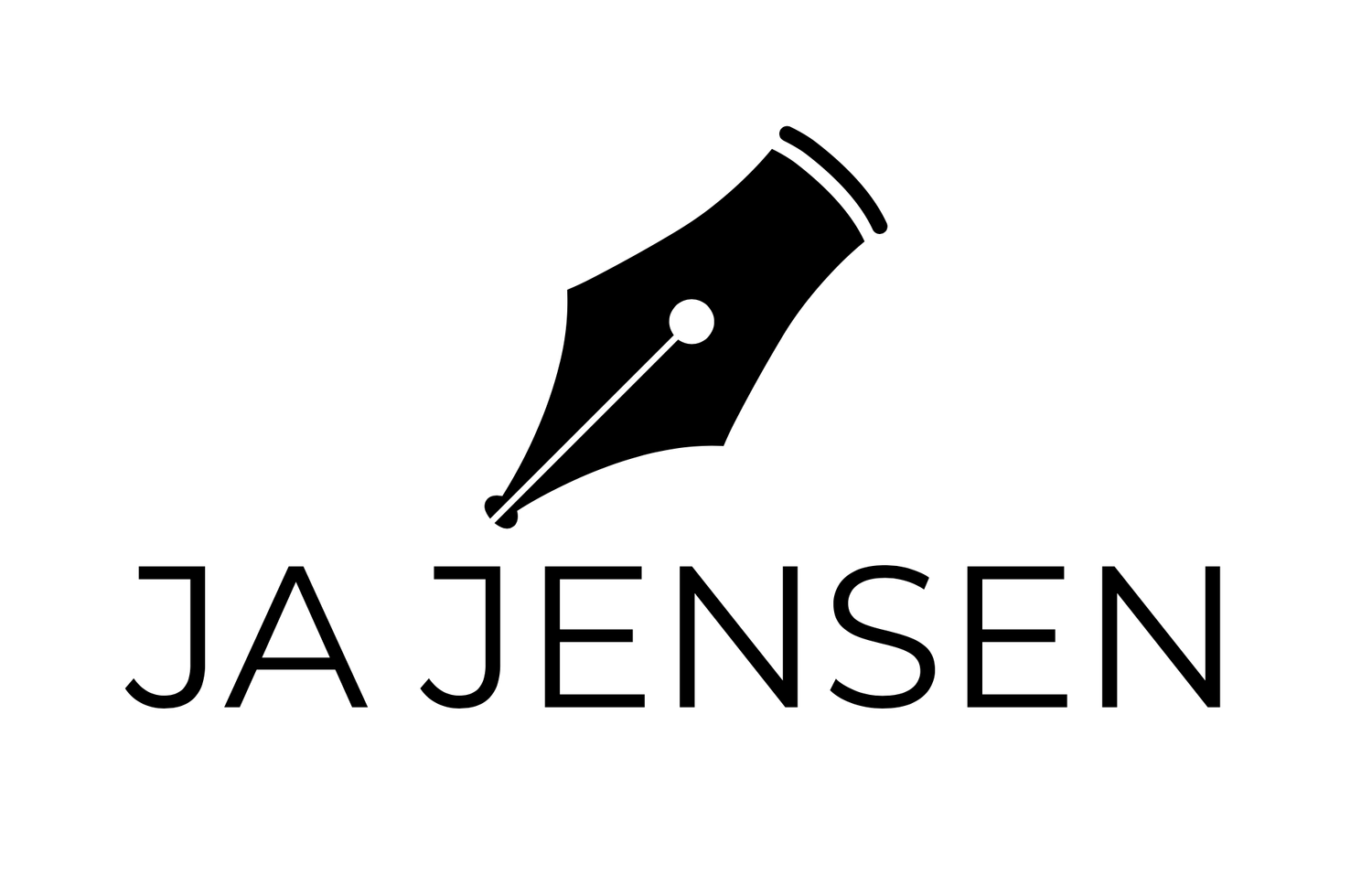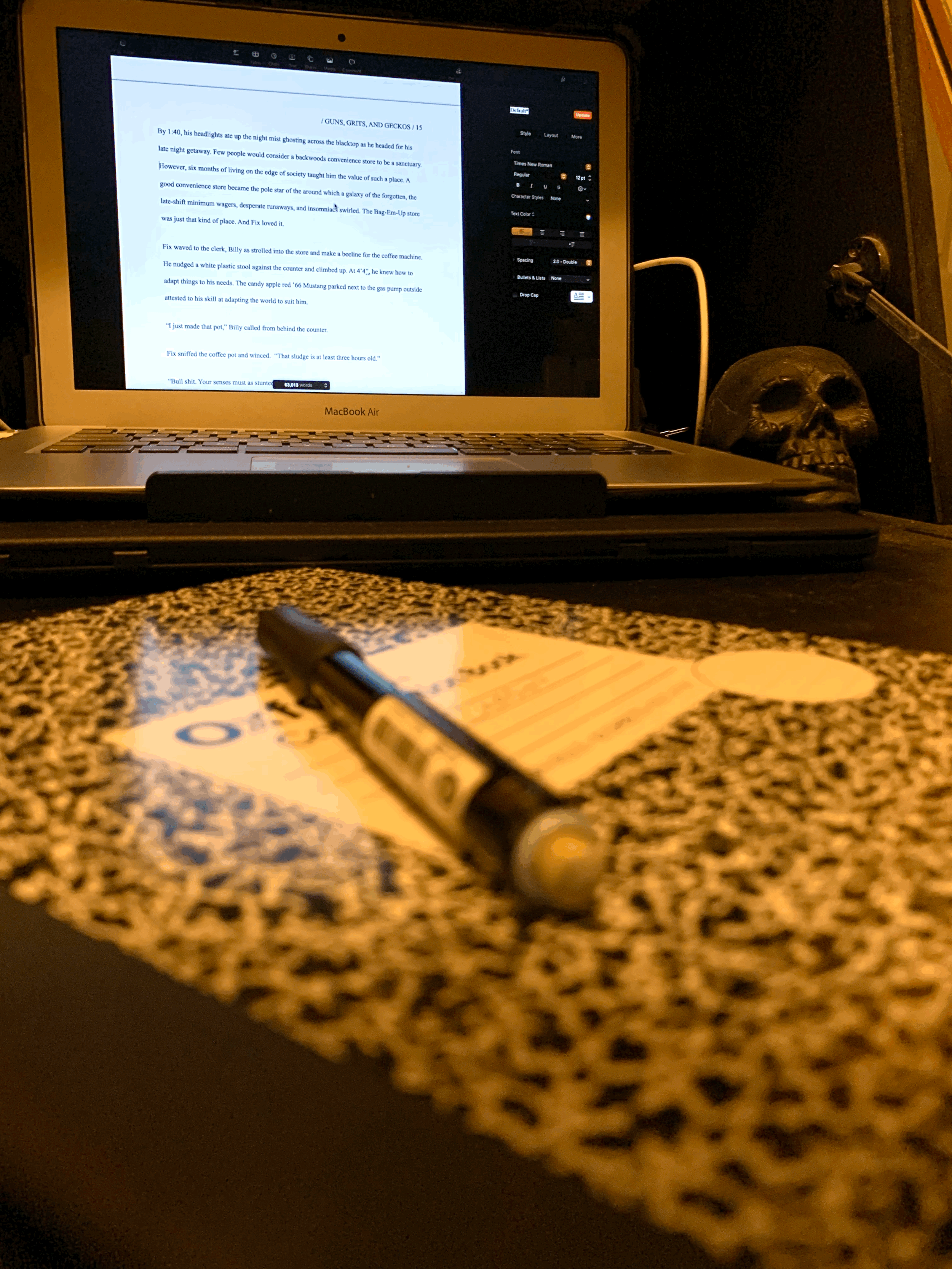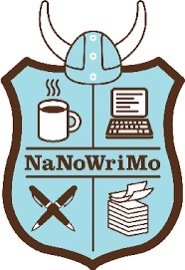Many authors are asked where they get their inspiration from and if they include real people in their fiction. For me, the short answer is yes —sort of.
Since everything I make up in my fiction is a result of my life experience, whether from observation or study, it all becomes fodder for my writing. Whether I’m riding the bus, or sitting at a coffeeshop, or helping people at the bookshop, I’m always storing information from my interactions.
Think of the mind like a filing cabinet. Each experience is a different catalog card, filled out and filed away for later use. We writers sometimes supplement this mental filing cabinet with actual physical notecards and notebooks since the synapses of our brain are unreliable in the best of circumstances.
For example, the private detective in my novel, Fix Larson, is a mixture of personalities and physicalities. He has my own smart-ass sense of humor. However, since my personality is greatly influenced by my step-father, Fix Larson is also influenced by him. Physically, since he has achondroplasia dwarfism, I had the vision of Tyrion as played by Peter Dinklage. I wanted him to have the limitations of the condition. However, I wanted to show how he used his disability to his advantage and also adapted the world around him.
Even my minor characters are drawn from real life. During Covid, I wrote a short story called, The Bus Ride, that ended up in the anthology, The San Diego Decameron Project. Towards the end of the story, a young autistic man boards the bus and his observation of how Covid was changing the way people interacted, brings a poignant conclusion to the story that changes the bus driver’s day.
So yes, real people end up in my stories. Sometimes it’s something minor. Other times, it might influence a whole charter arc. Oh, and sometimes awful things happen to characters that are loosely based on folks that are not nice in real life.
So, as I always advise, be kind out there. Everyone is dealing with their own challenges. And you don’t want to be the inspiration of a villain’s awful demise.
Thanks for reading. Let me know if you have any questions about writing.











